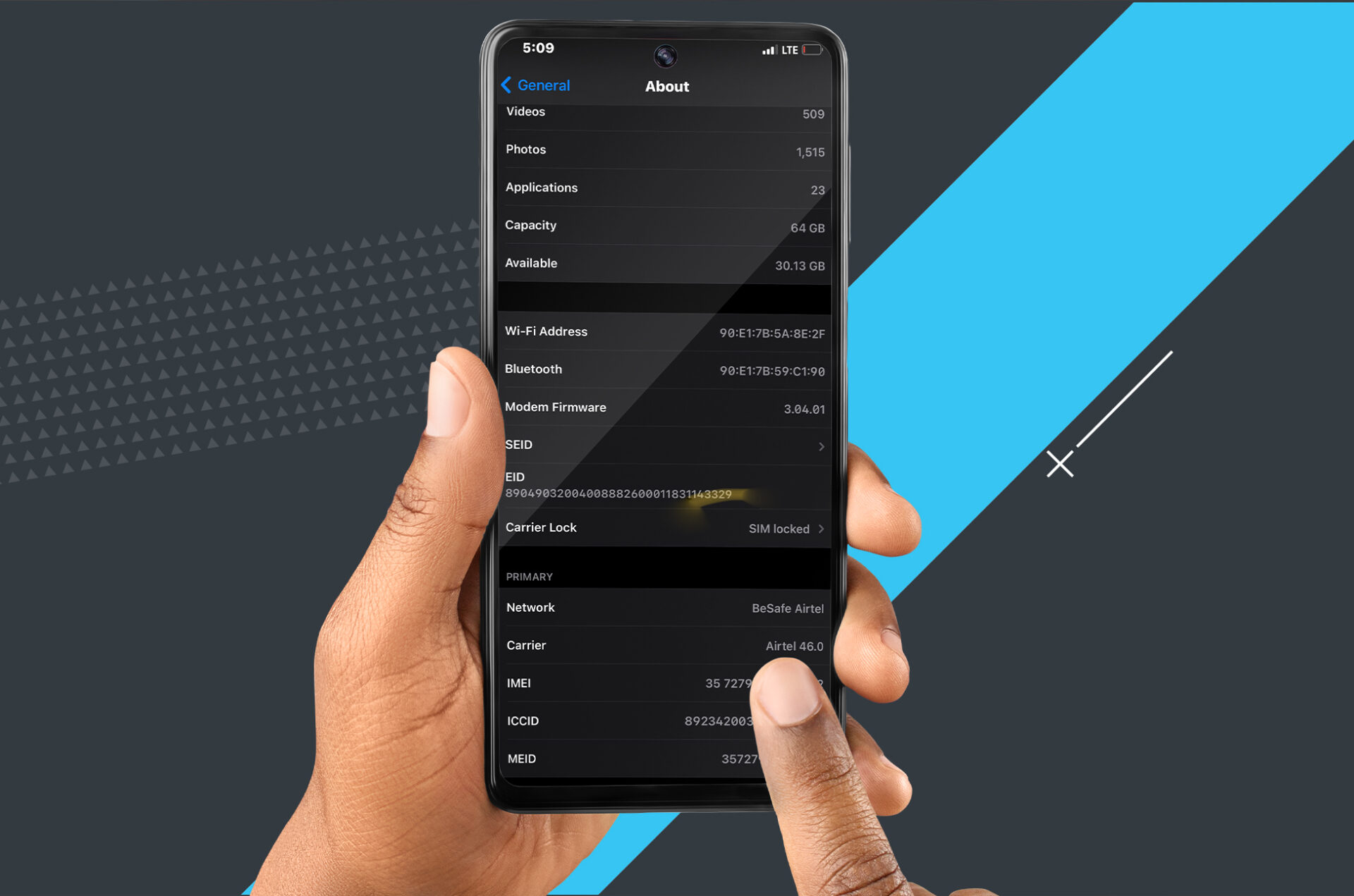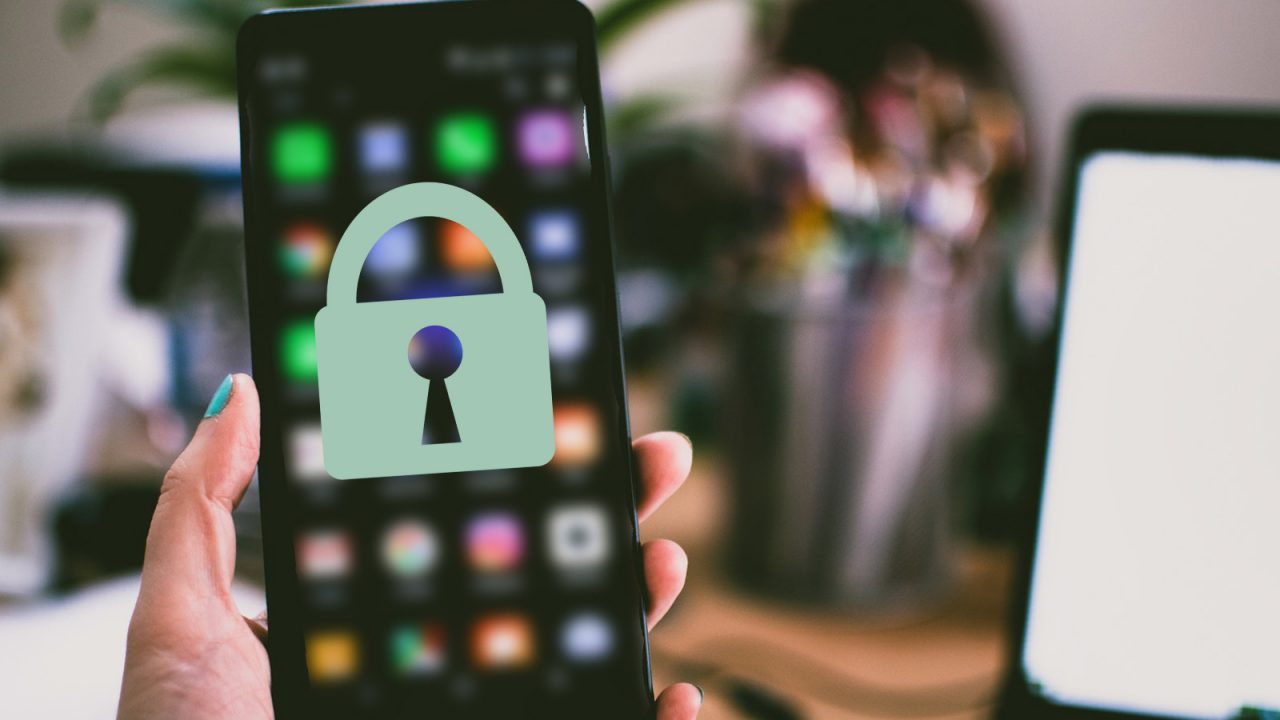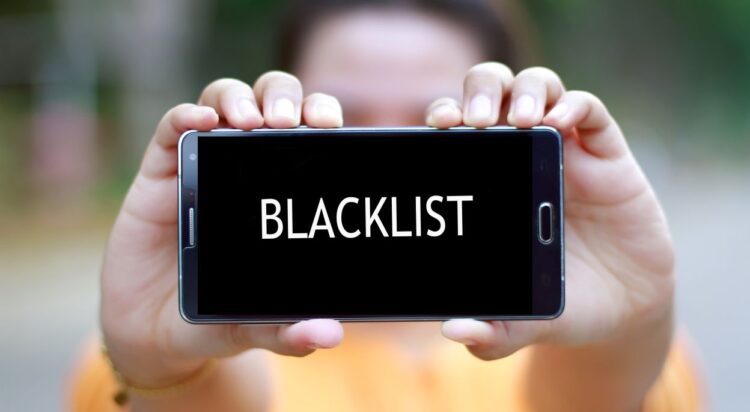In the world of mobile devices, the IMEI number plays a crucial role in identifying a smartphone. However, the dreaded scenario of having your IMEI number blacklisted can be a nightmare for many users.
Understanding what it means to have your IMEI number blacklisted and learning how to avoid this situation is vital for anyone who relies on their smartphone for daily communication and tasks. In this article, we will delve into the significance of the IMEI number blacklist, the potential consequences of being blacklisted, and effective strategies to steer clear of such a predicament.
By staying informed and taking proactive measures, you can safeguard your device and ensure uninterrupted access to essential services.
1. Understanding IMEI Number Blacklisting: What You Need to Know

Understanding IMEI Number Blacklisting is essential for anyone who owns a mobile device. IMEI, or International Mobile Equipment Identity, is a unique identification number assigned to every mobile phone.
When a device is reported lost or stolen, the IMEI number is blacklisted by the carrier, preventing it from being used on any network. This can be a major inconvenience for the rightful owner, as it renders the phone useless.
Knowing how to check the status of your IMEI number and taking steps to prevent blacklisting can save you a lot of trouble in the long run. Make sure to keep your IMEI number safe and avoid purchasing second-hand phones without verifying their status to steer clear of any complications.
2. Consequences of Having Your IMEI Number Blacklisted

When your IMEI number gets blacklisted, it can have serious consequences for your device and its functionality. The most common reason for blacklisting an IMEI number is due to the device being reported as lost or stolen.
This means that your phone will no longer be able to connect to any mobile network, making it essentially useless for making calls, sending texts, or accessing the internet. In addition, many countries have laws in place that prohibit the sale or use of blacklisted devices, so if your IMEI number is blacklisted, you may not be able to resell or trade-in your phone.
It is crucial to take steps to protect your IMEI number and avoid having it blacklisted to ensure you can continue to use your device as intended.
3. Tips for Preventing IMEI Number Blacklisting

To prevent your IMEI number from being blacklisted, it is important to follow some key tips. First and foremost, make sure to only purchase phones from reputable sources.
Buying a phone from a questionable source could result in the device being reported as stolen, leading to the blacklisting of the IMEI number. Additionally, always keep a record of your phones IMEI number in a safe place.
In the unfortunate event that your phone is lost or stolen, having this information readily available will make it easier to report the incident to your mobile carrier and potentially recover your device. Furthermore, be cautious when purchasing a used phone, as it may have been blacklisted by a previous owner.
Lastly, avoid sharing your IMEI number with unknown individuals or websites, as this could put your device at risk of being blacklisted. By following these tips, you can help prevent your IMEI number from being blacklisted and ensure that your phone remains in good standing with your mobile carrier.
Conclusion
In conclusion, understanding the implications of having a blacklisted IMEI number is crucial for every smartphone user. By being aware of the potential consequences, such as not being able to use your device on certain networks or risking being scammed when purchasing a second-hand phone, you can take proactive steps to protect yourself.
Regularly IMEI check your IMEI number and ensuring that your device is not reported as lost or stolen is essential for avoiding being blacklisted. By taking these precautions, you can maintain the functionality and security of your smartphone and avoid the inconvenience and potential financial loss associated with a blacklisted IMEI number.

